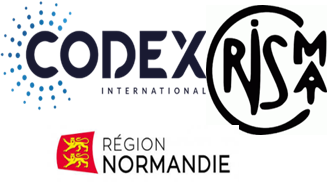
Codex International et le Crismat concluent un projet collaboratif de recherche industrielle « CIBOX » pour améliorer la performance et la fiabilité des dépôts de couches minces par pulvérisation cathodique.
Caen le 15 mai 2019,
Au cœur des enjeux technologiques et environnementaux de demain sur les matériaux durables et intelligents, l’élaboration de couches minces nécessite une fiabilisation du process industriel de fabrication des cibles de pulvérisation d’oxyde afin de garantir précision et performance des propriétés attendues.
Sous l’égide du Conseil Régional de Normandie, le projet CIBOX durera 3 ans. Ce projet va regrouper les compétences et moyens du laboratoire Crismat – densification par frittage, parc instrumental de synthèse et caractérisation – à celles de Codex International acteur français reconnu dans la fabrication des cibles d’oxyde. L’objectif du projet est de pérenniser une production française de cibles d’oxyde avec des gains majeurs en reproductibilité, pureté, densité, homogénéité et coûts.
A propos de Codex International
Crée en 2012, Codex International est un fabricant français de matériaux inorganiques destinés à l’élaboration de couches minces par évaporation ou pulvérisation cathodique. Codex international distribue également des produits optiques pour la recherche, des accessoires et pièces détachées pour le dépôt sous vide ainsi que des composés organiques pour l’électronique organique.
A propos du Crismat
Crée en 1986, le laboratoire de cristallographie et Sciences des Matériaux Crismat – triple tutelle CNRS, ENSICAEN, UNICAEN- est un des principaux laboratoires européens de recherche dans le domaine des matériaux durables, intelligents et à propriétés remarquables. Le Crismat réalise environ 120 publications ACL/an et a obtenu de nombreux prix dont en 2018 le prix Chimie du Solide.
Contacts et informations :
Stéphane Seguier, CEO Codex International : contact@codex-international.com
Wilfrid Prellier, Directeur Crismat : wilfrid.prellier@ensicaen.fr
